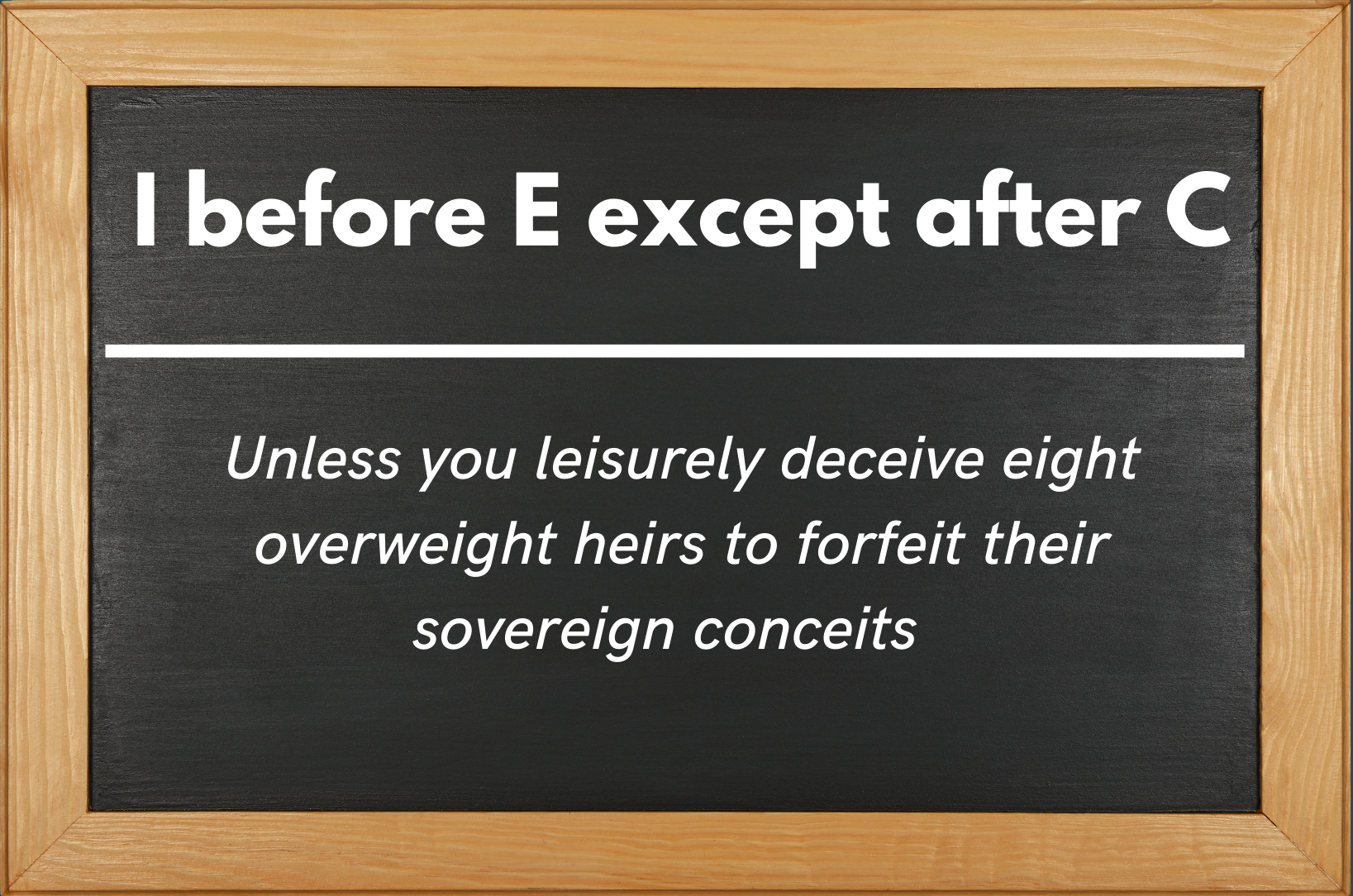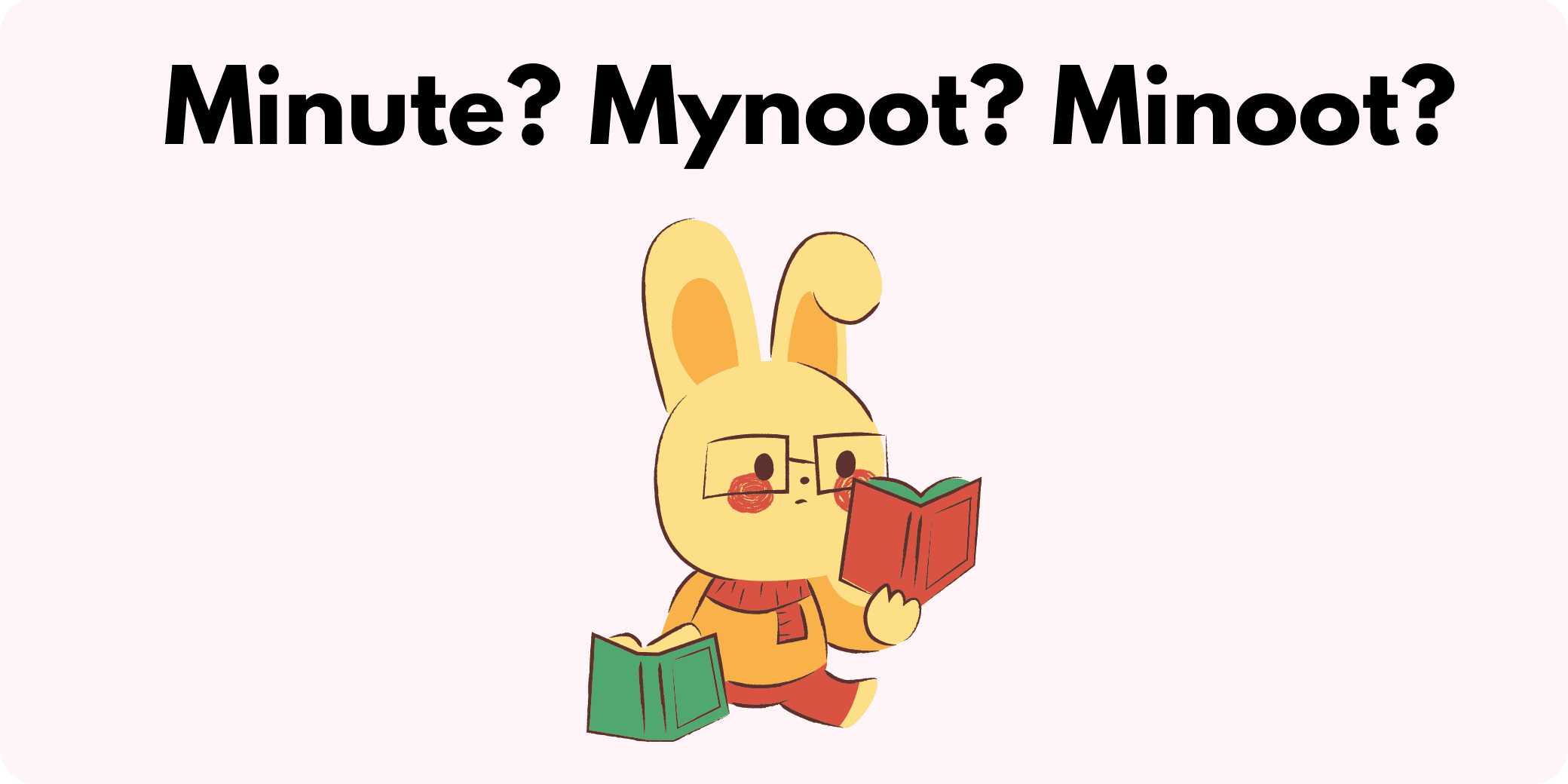The popular grammatically rhyme, “I before e, except after c” was created to help English learners spell new words correctly. Unfortunately, it only applies to a specific category of words, often leading some people astray. While it is a great rhyme to keep in mind while spelling, it is always important to remember that they are exceptions! So let’s take a look at the exception to the famed “i before e except after c” rule.
In general, many English words follow the same rules regarding “I before e, except after c.” Words like “receive” and “achieve” are great examples. Unfortunately, though, English is a pretty complex language that has pulled inspiration from many other languages. Due to this, there will be words that don’t follow the rule.
Most words that easily follow the “I before e” rule were adapted to English from French. Some common examples are:
- Perceive
- Achieve
- Deceit
- Conceit
- Receipt
- Deceive
- Receive
Interestingly, most words that don’t follow the rules originated from Old English. Some common examples of these rule-breakers include:
- Atheist
- Beige
- Being
- Caffeine
- Canoeing
- Counterfeit
- Deign
- Eiderdown
- Eight
- Either
- Feign
- Feint
- Foreign
- Forfeit
- Freight
- Height
- Heifer
- Heinous
- Heir
- Inveigh
- Inveigle
- Leisure
- Monotheism
- Neigh
- Neighbour
- Neither
- Reign
- Rein
- Seize
- Skein
- Sleight
- Sleigh
- Their
- Sovereign
- Surfeit
- Veil
- Vein
- Weigh
- Weight
- Weir
- Weird
To adapt this rule more closely to English spelling, people lengthened the rhyme into “I before e, except after c.”
“I Before E, Except After C” Rule-Breakers

Unfortunately, even with all of these alterations and adaptations, the rule is still broken by many words. Some common instances and examples include:
- When the “c” makes a “sh” sound like in “glacier.”
- When used in superlatives and comparatives
- When words create an “A,” “E,” or “I” sound like in “weigh,” “seize,” or “height.”
Unfortunately, these are just some exceptions that words can have to this rule, and there are likely many more. Don’t throw out the rule, though, as it can easily help you with spelling in a pinch!
Related: 10 Places to Ignore Your Grammar and Spelling Checker






